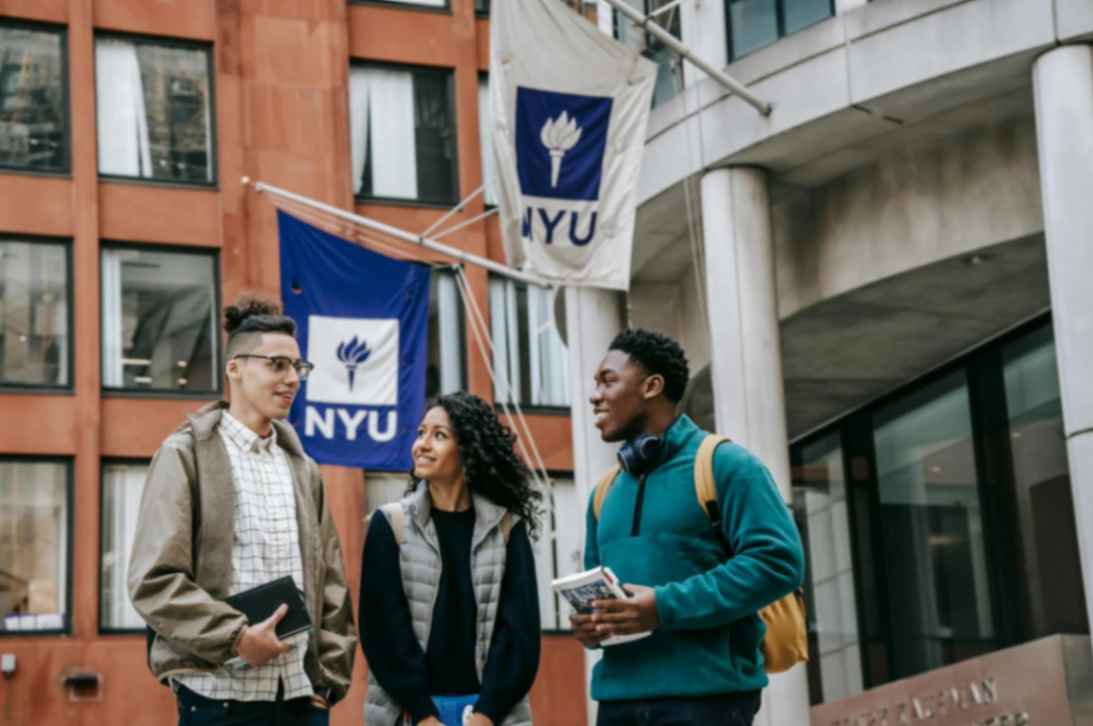Thousands of Indian students in the US are facing uncertainty after the Trump administration proposed the termination of the Optional Practical Training (OPT) program. Critics of the program say the guest worker program has killed jobs for new American college graduates and has become a ‘permanent immigration pathway’.
Indian students in the United States have heavily depended on the OPT program to gain hands-on professional experience. They have also used this to transition to long-term work visas like the H1-B. If the Trump administration revokes this program, it will disrupt career plans for thousands of Indian students and their families who have been nurturing their ‘American dream’.
Poorvi Chothani, the founder of LawQuest, told the Economic Times that OPT allows students to find jobs in the U.S. for one year after they graduate. This may be extended for another two years provided that the student is a STEM graduate and is working for a qualified U.S. employer. Chothani said if the program is revoked, students may have to leave the United States immediately as there is no other work visa. She advised students to fast-track their shift to an H-1B visa if selected in the lottery or look at opportunities in other countries.
Also Read: US ‘Hands Off’ Protests 2025: Americans Rage Over Donald Trump and Elon Musk Policies
U.S. Will Suffer With No OPT Program
Supporters of the OPT program say it helps address labor market gaps in the US and ensures that the country remains globally competitive. Aaron Blumberg, Fragomen immigration partner, said curtailing the program could result in a significant loss of top talent. This would harm the future flow of skilled professionals into the United States, and diminish the country’s ability to innovate and lead critical industries.
Blumberg said institutions are making contingency plans to assist vulnerable students continue their studies. They are focusing on compliance protocols to meet evolving immigration regulations. Through united voices, organizations are seeking to influence policy decisions and protect the interests of the higher education community.
